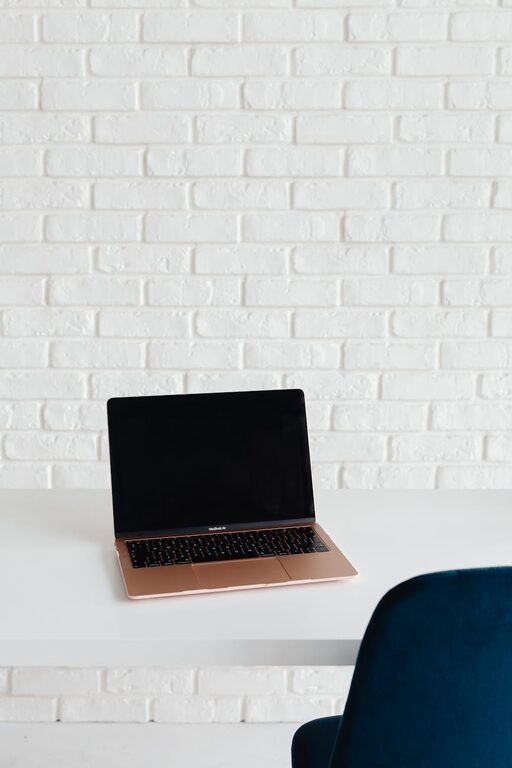In today’s fast-paced world, our digital lives can quickly become overwhelming. Between overflowing inboxes, countless apps, and endless notifications, it’s easy to feel buried under digital clutter. Decluttering your digital life is not just about tidying up files; it’s about creating a streamlined environment that helps you focus, reduces stress, and boosts your productivity. In this post, we’ll guide you through practical steps to regain control over your digital space.
Why Declutter Your Digital Life?
Digital clutter can drain mental energy, slow down your devices, and make it hard to find what you need when you need it. By decluttering, you can:
– Improve focus by minimizing distractions
– Speed up your devices and workflows
– Protect your privacy by managing unnecessary data
– Feel more organized and in control
Step 1: Organize Your Files and Folders
Clean Up Your Desktop
Start by clearing your desktop. A cluttered desktop slows down your computer and can increase stress. Move files into appropriate folders or delete what you no longer need.
Create a Logical Folder Structure
Organize files into main categories, for example:
– Documents
– Photos
– Work projects
– Personal
Within each, create subfolders to group related files. Consistency is key—stick to your system to avoid repeating clutter.
Delete or Archive Old Files
Review files and delete duplicates or outdated items. For files you want to keep but don’t access regularly, consider using external storage or cloud-based archiving.
Step 2: Manage Your Email Inbox
Unsubscribe From Unnecessary Newsletters
If your inbox is flooded with promotional emails or updates you no longer read, unsubscribe to reduce incoming mail.
Use Folders and Labels
Set up folders or labels for different topics or projects to categorize incoming emails. This helps prioritize and sort messages efficiently.
Implement the “Inbox Zero” Habit
Aim to clear your inbox regularly by responding, archiving, or deleting messages. This practice reduces anxiety and keeps your inbox manageable.
Step 3: Declutter Your Apps and Software
Delete Unused Apps
Go through your devices and uninstall apps you rarely or never use. Less cluttered apps mean easier navigation and less distraction.
Organize Your Apps
Group similar apps into folders (e.g., social, productivity, finance). Keep frequently used apps easily accessible.
Disable Unnecessary Notifications
Notifications can disrupt focus. Turn off non-essential alerts to maintain concentration and reduce distractions.
Step 4: Streamline Your Social Media and Online Accounts
Review Your Social Media Accounts
Unfollow or mute accounts that no longer add value. This reduces the noise on your feeds and improves your digital experience.
Delete or Deactivate Unused Accounts
Old accounts pose a privacy risk. Take time to delete or deactivate those you no longer need.
Strengthen Password Management
Use a password manager to keep your accounts secure and avoid clutter from multiple notes or passwords.
Step 5: Tidy Up Your Browser
Organize Bookmarks
Sort bookmarks into folders and delete outdated links. A clean bookmark bar helps you quickly access important sites.
Clear Cache and Cookies
Regularly clearing your browser’s cache prevents slowdowns and protects privacy.
Limit Open Tabs
Avoid having too many tabs open at once. Use tools or browser extensions that help manage tabs efficiently.
Step 6: Maintain Your Digital Space
Set Regular Declutter Sessions
Schedule time each month to review and tidy your digital devices. Consistency prevents clutter buildup.
Adopt Minimalist Habits
Be mindful about what you download or save. Ask yourself if each file, app, or subscription truly adds value.
Backup Important Data
Regular backups ensure your important information is safe without accumulating unnecessary duplicates.
Final Thoughts
Decluttering your digital life is an empowering process that makes your technology work better for you. By organizing files, managing communications, trimming apps, and maintaining good habits, you’ll enjoy a calmer, more productive digital environment. Start small, stay consistent, and watch your digital stress melt away!

